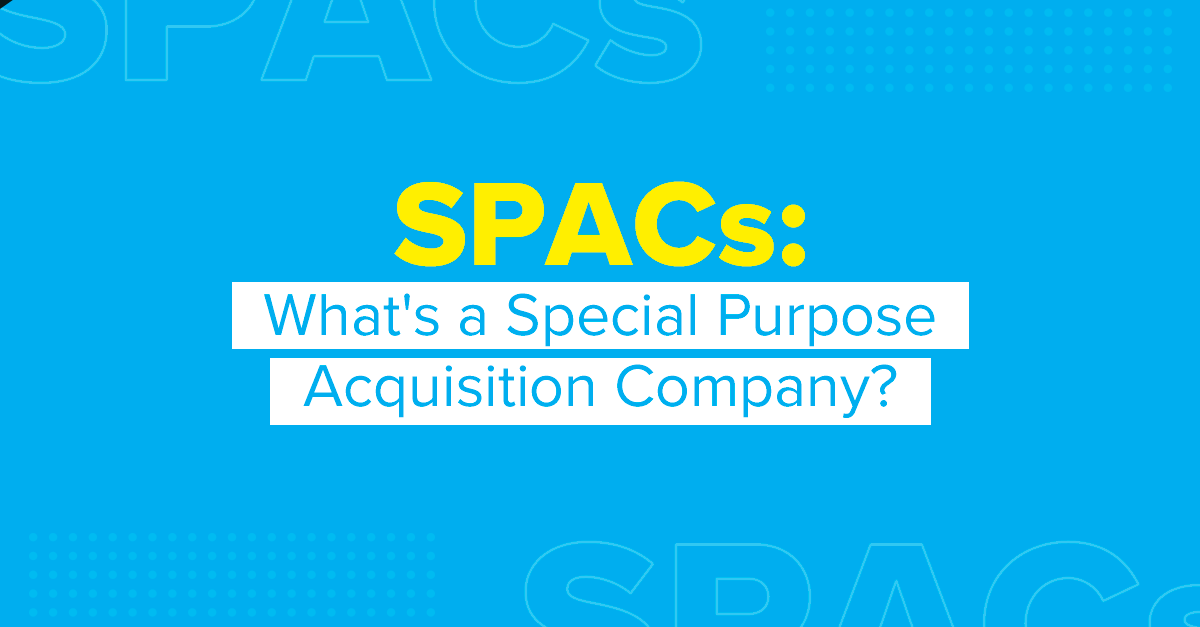In the wake of the merger between Swvl and US Queen’s Gambit Growth Capital through a Special Purpose Acquisition Companies (“SPAC”), interest in SPACs considerably grew and caught the attention of the Egyptian government and regulators. Such interest culminated in the Financial Regulatory Authority (“The FRA”) issuing three main decrees to introduce the mechanism as part of the available investment vehicles onshore.
In order to integrate SPAC regulations in the framework of the current legislations, the FRA issued decrees numbers 164, 171 and 172 for the year 2021 (together the “Decrees”). The first, issued on 31 October 2021, allows venture capital companies to act as SPAC following a special license pursuant to Law No 95 for year 1992 and its executive regulations (“The Capital Market Law”). The second, issued on 17 September 2021, introduced the SPAC regulations as an addition to the provisions of the FRA’s decree No 53 for the year 2018 regulating the licensing and operations of non-banking financial services. The latter, issued on 17 September 2021 as well, amends the FRA’s decree No 11 for the year 2014 regulating the EGX’s listing and delisting rules.
We will delve into the key highlights of the Decrees as follows:
What are SPACs?
Generally speaking, a SPAC (maybe also referred to as a blank cheque company) is a publicly traded company established without an actual business operation, as its sole activity is to acquire and merge with other target companies that are not predetermined. Typically, an established SPAC raises capital, through either private placement or public offerings to PIPE investors, for its M&A activity.
Setting up SPACs
SPACs are established by their “Sponsors” (which are effectively their founders) for the sole purpose of acquiring equity in potential target(s), those should have a valuable professional experience within the sectors of the potential target company(ies). SPACs are considered venture liability companies and will legally be set up as such. The incorporation of SPACs is subject to the approval of the FRA. SPACs shall take the form of either a joint stock company or company limited by shares, with an issued and paid-up capital no less than EGP 10 million.
SPACs shall be managed by a management services provider licensed by the FRA, which shall undertake its recurring book valuation.
Until the investment materializes, the SPACs’ capital can only be deposited in an Egyptian bank or invested in low-risk liquid securities.
SPACs’ Modus Operandi
Within one month from the registration of the SPAC’s securities with EGX, capital increase shares must be offered to PIPE investors and be listed on EGX. This offering is exempt from certain listing requirements due to the nature of the SPAC. The issued capital of the SPAC shall not be less than EGP 100 million after the mentioned capital increase. The Decrees regulate share retention periods in addition to the minimum shareholding requirements for juridical entities, Sponsors and juridical persons.
In addition, post-capital increase the board of the SPAC must be reconstituted with specific requirements for its managing director.
SPACs must invest their raised capital in one or more mergers and/or acquisitions within two years of the capital increase after obtaining the shareholders’ approval thereon. The Decrees regulate the different level sof available investments to SPACs in addition to targets’ legal requirements and exemptions therefrom.
If no investment is made within the abovementioned period, the SPAC shall be mandatorily delisted from EGX and the equity returned to the PIPE investors.
Market Reaction
The FRA chairman, Dr. Mohamed Omran stated that “the decree reflects the interest in financial solutions ensuring the accessibility by investors, especially SMEs, to finance in order to support Egypt’s 2030 vision, which aims at enabling the private sector and supporting its expansion. This FRA’s initiative will allow startups, especially in the technology and digital services sector, as well as investors to achieve their respective investment goals”.
Financial experts raised certain concerns regarding the adoption of SPAC. Those include the lack of knowledge by the investor of the potential target at the time of its investment, SPAC’s return on investment being fairly uncertain and losses being possible, the inadequacy of the sponsorship conditions to act as SPAC founder, and the relative illiquidity of the Egyptian market.



